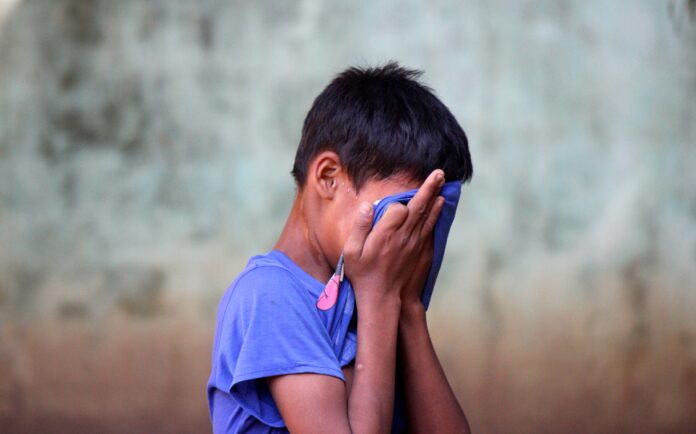People each react differently when they receive news regarding the death of someone close to them, and kids are no exception. It can be even more challenging as a parent or guardian to break the news to a child. This is because kids are quite delicate, and if exposed to traumatic experiences, it can damage their well-being and even affect their growth psychologically. Here are a few guides on how to talk to children about death.
Be Honest and Clear
Regardless of the circumstances that led to the person’s death, it is important that you be honest when explaining it to your child. Kids will always be curious and want to know what caused the death of their relative/friend and why he or she was not able to survive. Be sure to explain all of this information to your child using caring and thoughtful language. Use the terms that the kid(s) can understand well, and if they have questions, be sure to answer them. For example, avoid telling kids that the departed relative went to sleep, as this may affect their sleeping patterns and frighten them about going to sleep. Be as honest and factual as you can.
Encourage Them to Ask Questions
Everyone has their own thoughts and beliefs about death, and the same goes for children. At that vulnerable moment after someone close to them dies, the kids may refrain from asking questions for fear of upsetting you more. But, as a parent or a guardian, it is your job to make sure your kids have a clear understanding of what has happened.
In fact, it is important to encourage kids to ask you questions if they require any clarification when discussing death. Doing so helps them process the information better and understand why the person died. This can also help them with the grieving process because they will better understand what happened and find ways to cope with the person’s death.
Reassurance
A loved one’s death can hugely affect the child’s life because they will sometimes relate their life experiences with what happened to their family member or friend. For example, if a friend died from drowning in a pool, the child may become afraid of swimming, thinking that the same thing will happen to them. It is important to reassure kids about their safety and why one person’s death should not affect their healthy lives and change their normal activities. You can reassure them by talking about the precautions they can take to be safe in similar situations. Sometimes things happen that are beyond the control of individuals, but it is important not to live your life in fear. This goes for adults and children alike.
Encourage Them to Talk About Their Feelings
When it comes to healing from the loss of a loved one, we all have different ways of coming to terms with the issue. Some people prefer holding on to mementos that remind them of that person, and others prefer talking about that person as a way of retaining the good memories they had. Allow the kids to talk about how they are feeling and what will help them individually cope with their loss. If the children want to talk about the person, let them talk as long as they need to. Listening to your child helps you to understand their feelings, which in turn will enable you to help them heal. Don’t dictate the children’s feelings by telling them what they should feel. Allow them to express their feelings and deal with the loss in their own way. Let them know that it is okay to explore how they are feeling, and if they act out, don’t be hasty to scold them.
It is difficult to deal with the loss of a loved one, and for kids this is no different. The way in which you educate children about death will help or hinder their healing process. Therefore, it is important to take the time to help children through this difficult time by being supportive of their thoughts and feelings. The death of a loved one is a sad and confusing time for us all and can be especially hurtful for children. By being supportive of their feelings and available to answer questions, you will enable kids to get through this difficult time, too.
Story Credit:[email protected]
Photo Credit: Lucas Metz/Unsplash



































